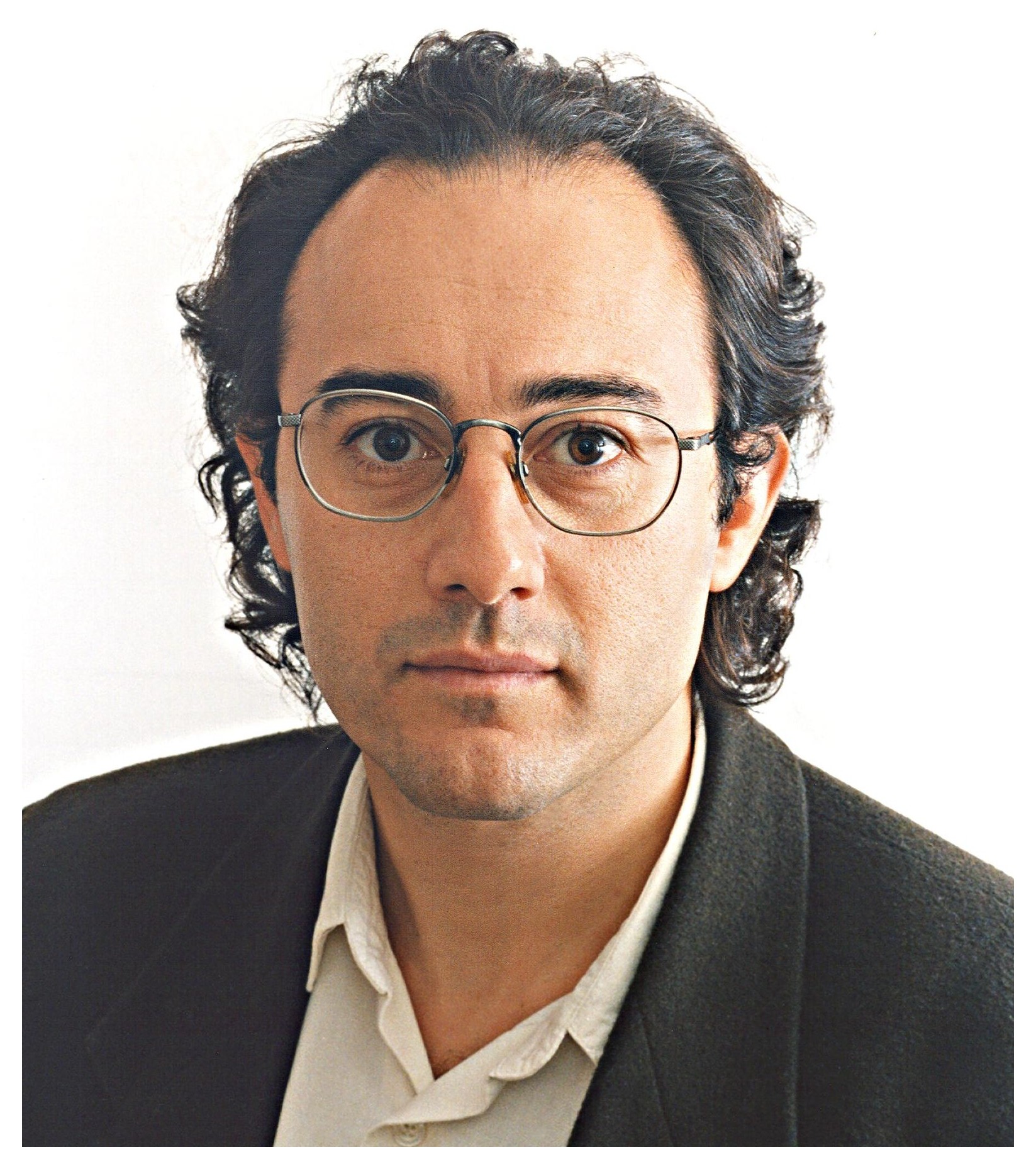
Feb 2003
Profile:
The Huffmans
ESL Methoditis
EFL Memories
Head East
![]()
/ Index /
/ Letters /
/ Search /
![]()
Subscribe
for free!


How Much Is That Methodology
in the Window?
Teaching Can't Be Packaged,
Says Costas Gabrielatos
This is an expanded version of
a recent TESL-L listserv posting by Costas Gabrielatos, an ELT professional and Ph.D. student at Lancaster University, in Lancaster,
United Kingdom. The ESL MiniConference is very grateful to Mr. Gabrielatos
for contributing this article, and sharing his voice of reason with our online
readers.
The polarisation is not helped, indeed is usually created, by questions like ‘Which is the best methodology?’ or ‘Which methodology should I choose?’ Such questions not only create false dilemmas, they also exhibit ignorance of ELT history. The quest for the perfect method has yielded inconclusive, contradictory and questionable results, mainly because of the difficulty in isolating the variables in question. For over thirty years, the consensus in ELT has been shifting towards the realisation that a perfect, one-size-fits-all method is unattainable, and that what is used in the classroom is the individual teacher’s interpretation of any given methodology.
Why then do methodology debates continue to focus on pre-packaged methods rather than procedures, materials and their underlying principles? Why do they adopt a sterile either/or approach instead of a consensual one, which would result in furthering our knowledge and improving our practice? The interrelated reasons, in a nutshell, are: vested interests, a narrow view of issues, lack of adequate background, and a disciple mentality.
Let me put the situation in perspective. The ELT community seems to treat methodologies as if they were self-contained. They are not. They are synthetic constructs, influenced by theories, beliefs, received wisdom and earlier methodologies. Teachers tend to be unaware that methodologies can be taken apart and examined in terms of their procedures, materials, principles, consistency and originality.
But the one aspect of methodologies that is completely ignored is that they are also products. As such, they need to create a niche; they need to be seen as unique and, above all, more effective than any other methodology on the market. Their marketing campaigns involve articles, presentations and in-house seminars. Sometimes, not only do methodologies re-invent the wheel, they also re-market it.
It is not surprising then that debates between the producers and purveyors of different methodological products are largely polarised. Their reluctance to concede even a single point stems from the fact that the debate is directly linked to their livelihood. The more convincing the marketing campaign, the more books and teaching materials will be sold. So, with the help of expert opinions and research evidence (with or without quotation marks) a bandwagon is set in motion, attracting followers of fashion and those seeking instant career development.
Still, this does not explain why a dispiriting number of teachers should exhibit a ‘disciple’ mentality to methodology selection. The explanation lies in the interaction among certain unacknowledged aspects of ELT. The standards for acquiring a teaching licence, when they exist at all, are very relaxed in many countries, which also affects the standard of ‘ELT travellers’. Many teacher preparation courses are short, prescriptive, limited and shallow, usually influenced by the dominant ideology of the day. When courses present only one methodology, or present one as gospel, summarily dismissing others, it is not surprising that some teachers would feel overprotective of ‘their’ methodology and become defensive at the mere suggestion that it might not be a god-sent panacea after all. Methodological products are often adopted wholesale by school chains or educational authorities. They then become official dogma, with the attendant indoctrination and, not uncommonly, inquisitorial policies. The infidels and heretics having been converted or excommunicated, the cloning of the enlightened ones can go ahead unimpeded, until the next miracle method comes along.
What can break the vicious circle of ‘methoditis’ is for teacher preparation programmes to aim consistently at the development of informed professionals rather than materials operators. ELT professionals are not concerned with the choice among methodological packages available off the peg, but with the informed selection and principled combination of compatible procedures and materials suitable for their teaching context, irrespective of the methodological products they happen to be bundled into. Of course, this presupposes critical awareness of relevant theories and the thinking and research that supports them, as well as ability to observe, analyse, synthesise and see implications for teaching.
Principled teaching is not about the consumption, worship, parroting, or brandishing of theories and methodologies. It is about the construction of personal, conscious, informed,
context-specific, internally-consistent, flexible, ever-developing
frameworks, which help teachers make sense of knowledge and experience,
and
enable them to take informed decisions.
Story by Costas Gabrielatos, Lancaster, UNITED KINGDOM
2003 ESL MiniConference Online
 Debates over methodological bones of contention in ELT tend to be polarised, resembling a series of loosely related monologues rather than productive discussions. Depending on the debate context, relevant theories and research are either quoted selectively, or replaced with anecdotal accounts, sweeping
statements, parroting of 'expert' pronouncements, or simply singing the
praises of a favourite methodology.
Debates over methodological bones of contention in ELT tend to be polarised, resembling a series of loosely related monologues rather than productive discussions. Depending on the debate context, relevant theories and research are either quoted selectively, or replaced with anecdotal accounts, sweeping
statements, parroting of 'expert' pronouncements, or simply singing the
praises of a favourite methodology.
costas@gabrielatos.com
www.gabrielatos.com/ELTSupermarket.htm (More info on this topic)